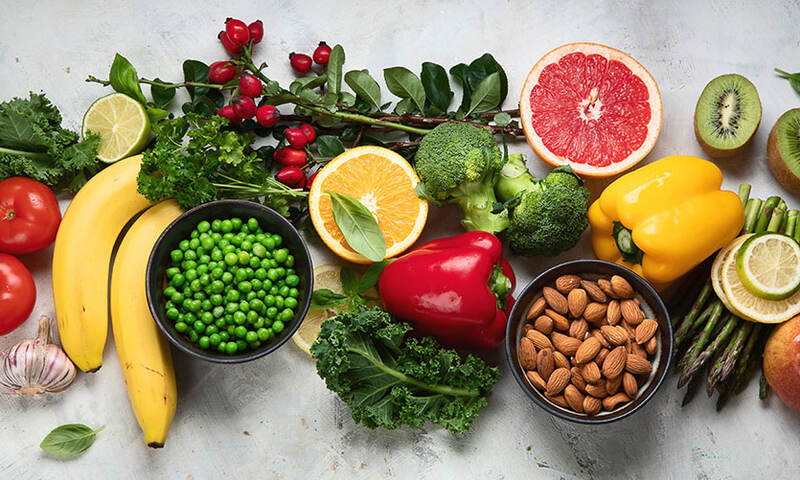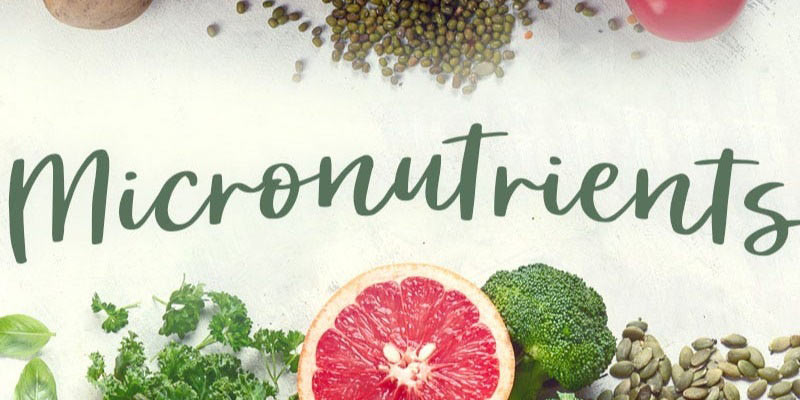
The raw food diet, a unique approach to eating in the realm of holistic nutrition, emphasizes the consumption of uncooked and unprocessed foods. This emphasis stems from advocates' belief that cooking often leads to the loss of vital nutrients. As we venture into understanding the intricacies associated with this dietary choice. It is imperative for us not only to comprehend its advantages but also remain cognizant of potential pitfalls.
1. The Benefits of a Raw Food Diet
Several benefits underscore the proponents' stance on the raw food diet, primarily, improved digestion and nutrient absorption. More enzymes and nutrients are preserved in raw foods. The consumption of whole, nutrient-dense foods often advances weight loss. This is a fact attributed to this diet. Many enthusiasts praise the diet for its reported benefits, such as increased energy levels and enhanced skin health. they assert that it positively impacts overall well-being.
Not only does the embrace of a raw food diet nurtures physical health, but it also sharpens mental clarity. Enzymes in uncooked foods are thought to bolster cognitive function, an enhancement that culminates in heightened focus and concentration. Further, due to their rich abundance of antioxidants, and raw fruits particularly so, the risk for age-related cognitive decline could potentially decrease. This substantially contributes to brain health.
- Antioxidant Power: Raw food's rich antioxidant content supports brain health and may mitigate age-related cognitive decline.
- Mental Clarity: Enzymes in raw foods contribute to enhanced cognitive function, fostering improved focus and concentration.
2. Navigating Potential Risks
A raw food diet is not devoid of risks. Inadequate protein intake poses a significant concern as enthusiasts may find it challenging to fulfill their protein requirements. Furthermore, and this is an argument worth considering, cooking could enhance the bioavailability of specific nutrients. Thus, suggesting potential nutrient deficiencies for those who adhere strictly to raw foods. Ensure a well-rounded, nutritionally complete diet. Exercise caution to circumvent potential pitfalls inevitably associated with this lifestyle.
Individuals must actively mitigate the risks inherent to a raw food diet by focusing intently on micronutrients. Although such foods teem with vitamins and minerals, they might render certain essential nutrients less bioavailable. By integrating an array of vibrant fruits and vegetables, individuals not only secure a wide range of essential elements but also tackle potential deficiencies while bolstering overall health promotion.

- Micronutrient Focus: Attend to micronutrient needs by incorporating a diverse range of colorful fruits and vegetables in a raw food diet.
- Bioavailability Consideration: While raw foods offer rich nutrient content, varying bioavailability underscores the importance of dietary diversity.
3. Balancing Act - Nutritional Considerations
Careful planning is essential to achieve a nutritionally balanced raw food diet. Individuals can conquer protein challenges by incorporating plant-based sources such as legumes, nuts, and seeds. They may also need strategic supplementation to tackle potential deficiencies in vitamins like B12 and iron. To maintain health while embracing the raw food lifestyle, one must crucially understand these nutritional considerations.
Maintaining a well-rounded raw food diet necessitates paramount attention not only to protein but also to essential fatty acids. Avocados and flaxseeds, for instance, are sources of omega-3 fatty acids that are critical for heart and brain health. A balanced intake of carbohydrates from fruits and vegetables further ensures sustained energy levels. This promotes overall vitality.
- Fatty Acid Inclusion: Incorporate sources of omega-3 fatty acids like avocados and flaxseeds for heart and brain health.
- Carbohydrate Balance: Maintain energy levels by ensuring a balanced intake of carbohydrates from diverse fruits and vegetables.
4. How to Safely Follow a Raw Food Diet?
Intrigued by the raw food diet? Gradual transition holds the key. Start incorporating an increased amount of raw fruits, vegetables, and nuts into your meals. Experiment and diversify with a range of preparation methods including juicing and blending. This expands not only variety but also nutritional value in what you consume. By consulting with a nutritionist, you can receive personalized guidance. This ensures that your dietary choices, in alignment with your overall health goals and nutritional needs, are optimized.
Individuals, as they embark on their raw food journey, can enhance the experience with mindful eating practices. They should pay attention to cues of hunger and fullness. Savor each bite, a practice that fosters a positive relationship with food. Furthermore, cultivating gratitude for received nourishment not only complements the physical benefits inherent in a raw diet but also promotes mental well-being through mindfulness of our consumption habits.
- Mindful Eating: Cultivate a positive relationship with food by practicing mindful eating, focusing on hunger cues, and savoring each bite.
- Gratitude Practice: Incorporate gratitude for nourishment into the raw food journey, promoting holistic well-being.
5. Incorporating Variety for Long-Term Success
Embracing a spectrum of fruits, vegetables, nuts, and seeds is the cornerstone of any successful diet. It's particularly true for the raw food lifestyle. Ensure you incorporate an extensive variety, experimenting with different textures and flavors, to guarantee your meals remain excitingly satisfying. Maintaining diversity in your raw food choices enhances the sustainability of this dietary approach and promotes long-term well-being.

Consider incorporating seasonal and local produce to intensify the sustainability of a raw food diet. Adapting your food choices in alignment with seasons not only guarantees a diverse nutrient profile but also bolsters environmental sustainability. Furthermore, by delving into ethnic cuisines and integrating global flavors, you infuse excitement as well as enhance nutritional value into your raw food lifestyle.
- Seasonal Adaptation: Choose seasonal and local produce for a diverse nutrient profile and enhanced environmental sustainability.
- Global Flavor Exploration: Enhance the excitement and nutritional value of a raw food diet by exploring diverse global flavors.
Conclusion
Conclusively, the raw food diet is a unique perspective on nutrition that underscores the consumption of unprocessed and nutrient-rich foods. It offers potential benefits for digestion, weight management, and overall vitality. However, careful planning and nutritional awareness are crucial as with any dietary approach to mitigate potential risks. If you are considering a complete shift or simply exploring occasional raw meals, balance is key and variety is essential. Make personalized nutritional choices to ensure an all-encompassing approach towards health.



